10 Processed Foods Nutritionists Actually Eat at Home

We've all stood in the grocery store, staring at labels and wondering if we're making the right choices. With so much talk about avoiding processed foods, it's easy to feel guilty about reaching for anything that isn't straight from the farm. But here's the good news: not all processing is created equal, and some processed foods can actually be part of a healthy diet. Read on to discover which processed foods nutritionists actually recommend and why they deserve a spot in your kitchen.
What Makes a Processed Food "Healthy"?
"Unless you just pick an apple from a tree and eat it, or just eat a raw egg, most food is processed to some degree. Cooking is a form of processing," explains Dr. Mark Hyman, Senior Medical Advisor at Cleveland Clinic. "It's not really that processing is bad. It's what is the processing?"
The key, according to Dr. Hyman, lies in recognizing the ingredients and understanding the journey from farm to fork. If you can trace these steps and don't see a list of "franken ingredients," you're probably making a good choice.
Read on to learn nutritionist-approved processed foods.
RELATED: 8 High-Protein Foods with Nearly Zero Calories That Melt Fat
Extra Virgin Olive Oil
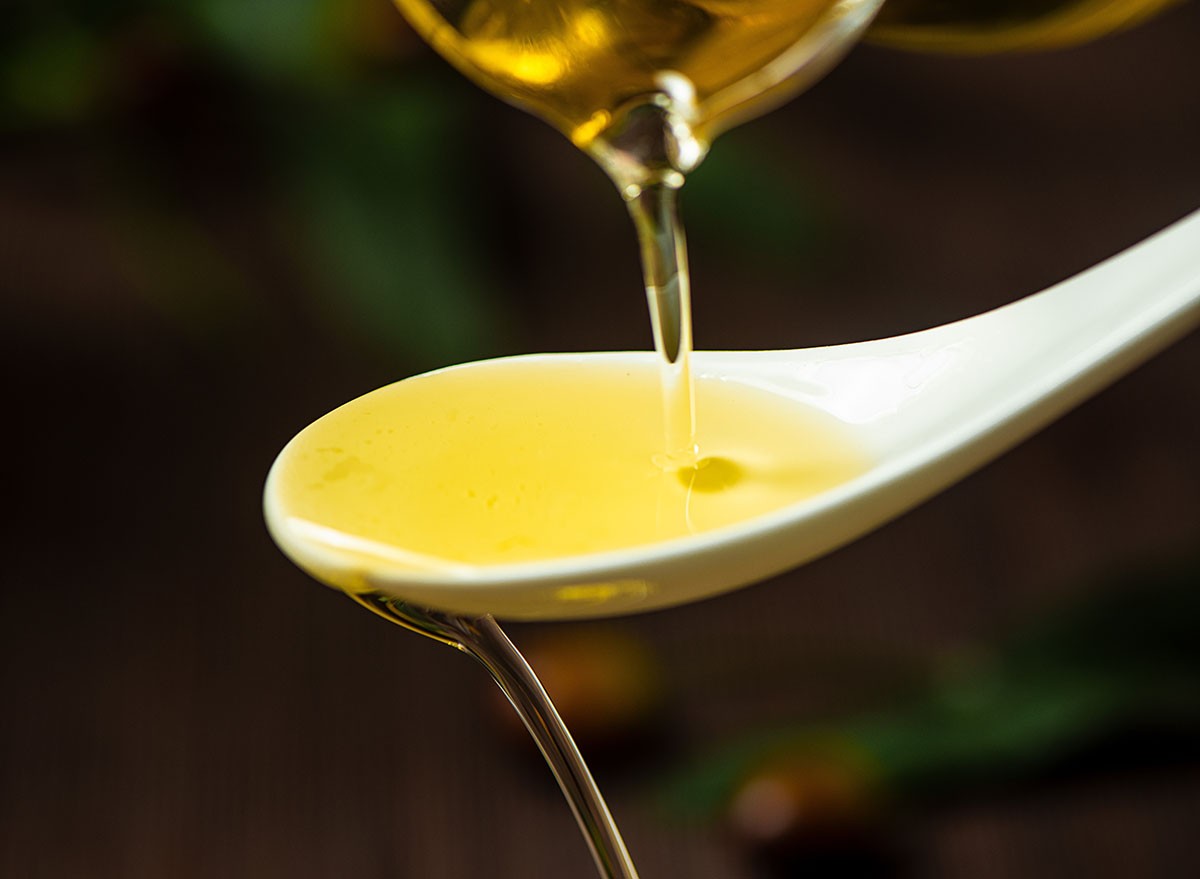
Despite being processed, olive oil remains one of the healthiest fats available. Dr. Hyman endorses it as a staple of healthy Mediterranean diets, noting its minimal processing methods.
Greek Yogurt
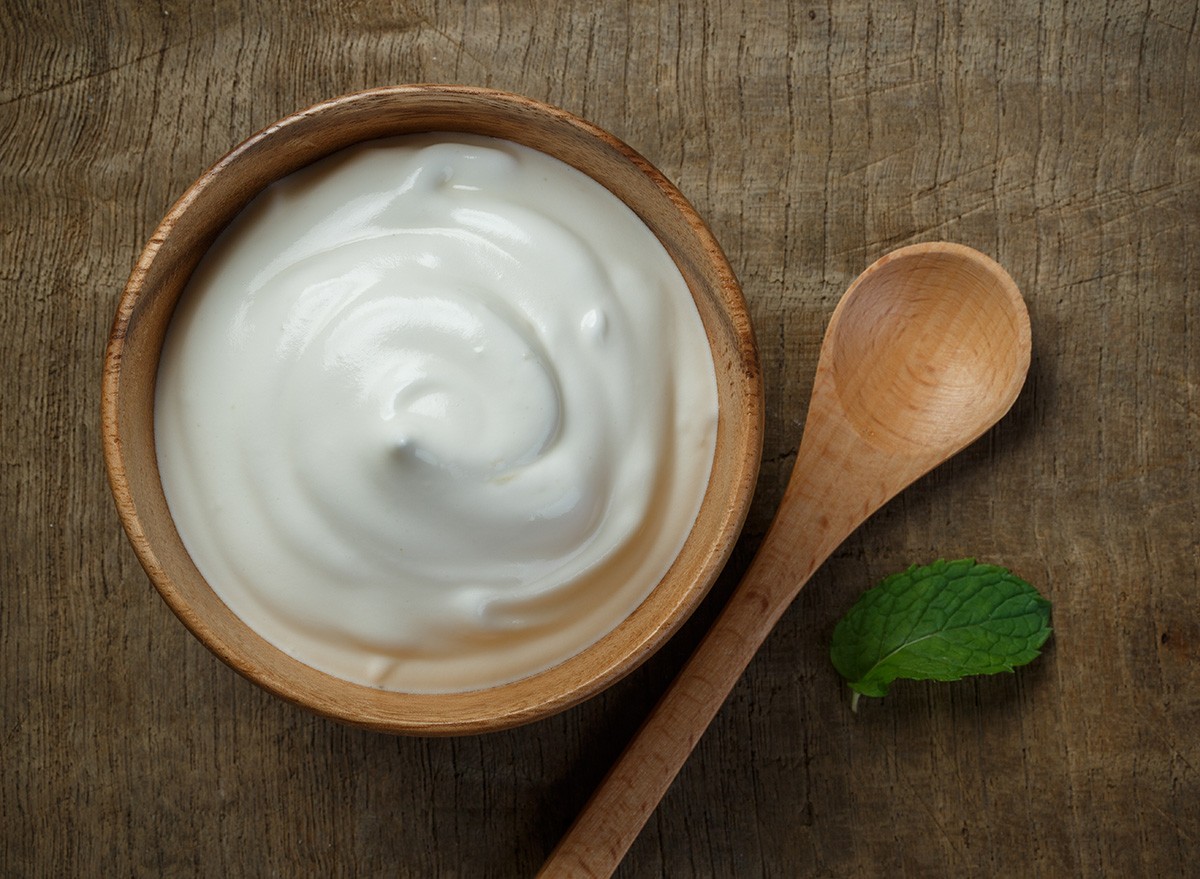
Harvard's Nutrition Source identifies Greek yogurt as a nutritional powerhouse. With its higher protein content and probiotic benefits, it's a processed food that actually enhances your diet.
Canned Legumes

The British Dietetic Association champions canned beans and lentils as excellent sources of fiber and plant-based protein. These convenient staples support both digestive health and weight management.
Wholegrain Bread
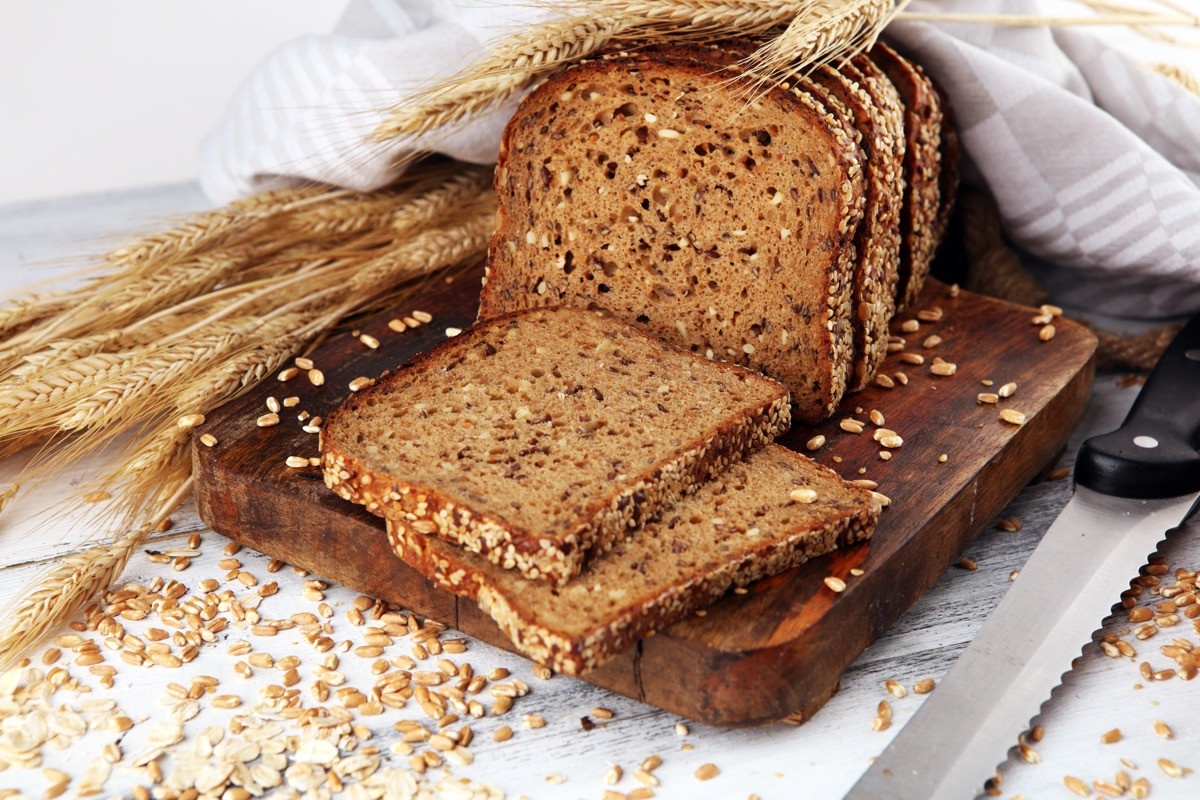
NHS Somerset nutritionists recommend choosing wholemeal or brown bread varieties. These options provide more fiber and nutrients than their white counterparts, contributing to heart health and diabetes prevention.
Frozen Vegetables
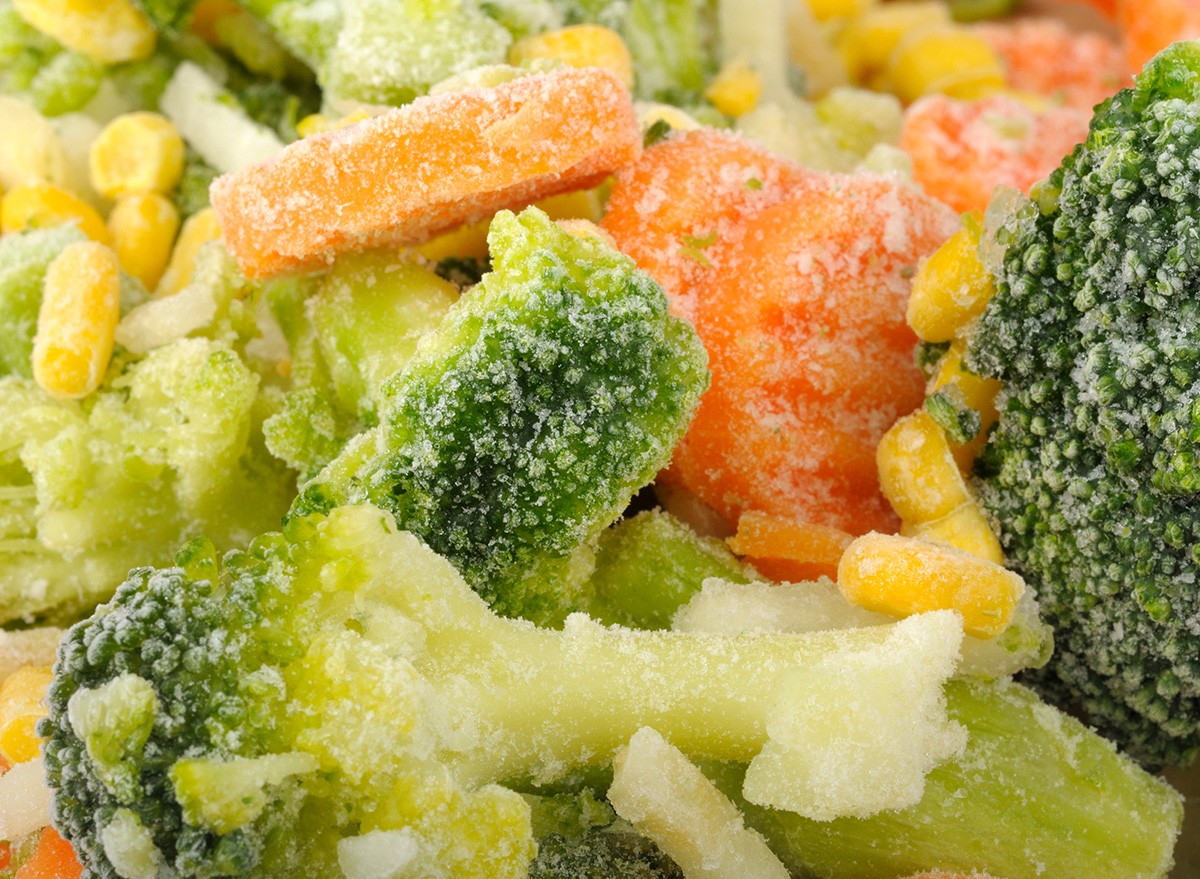
According to NHS guidelines, frozen vegetables retain most of their nutritional value thanks to quick-freezing processes. They're particularly valuable when fresh produce isn't available or convenient.
Fermented Foods
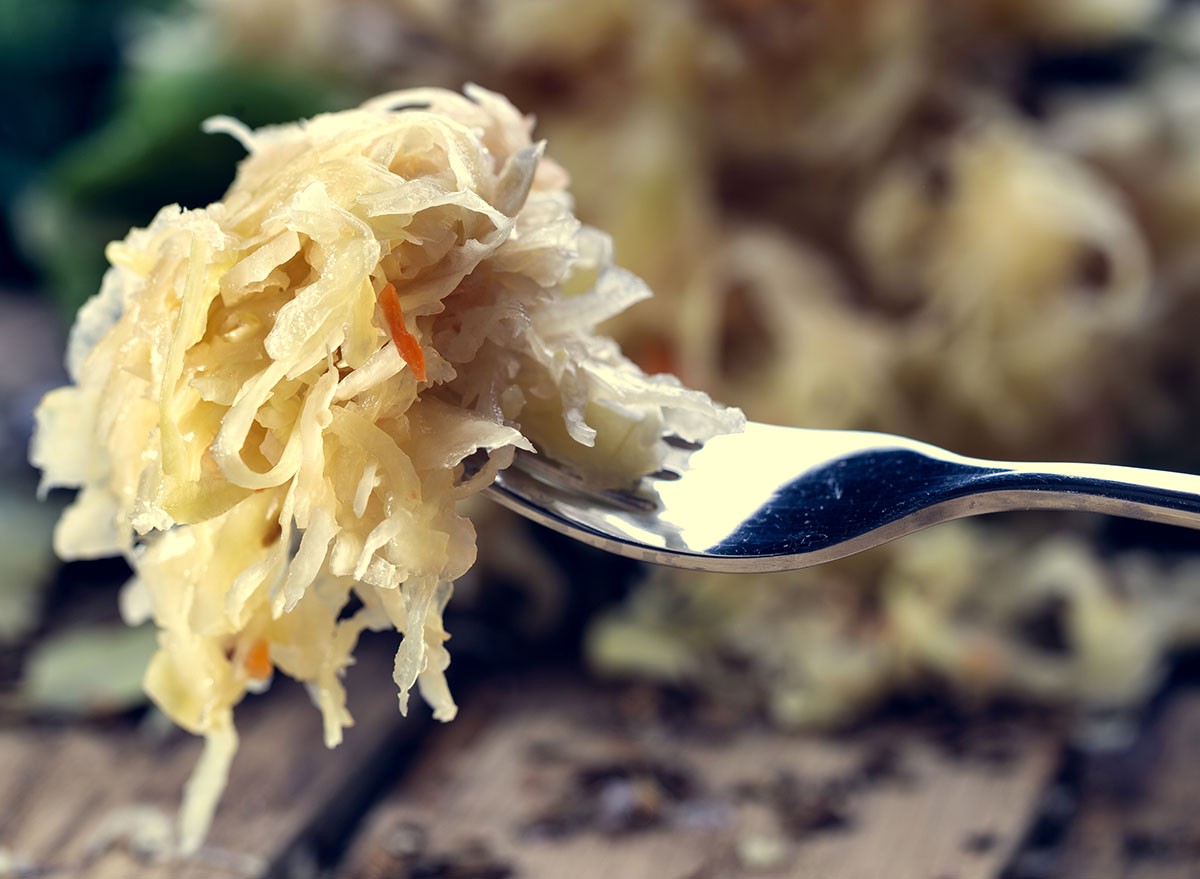
Dr. Hyman points to traditional fermented foods like sauerkraut and miso as beneficial processed options. These foods offer probiotics and enhanced nutrient availability.
Canned Fish
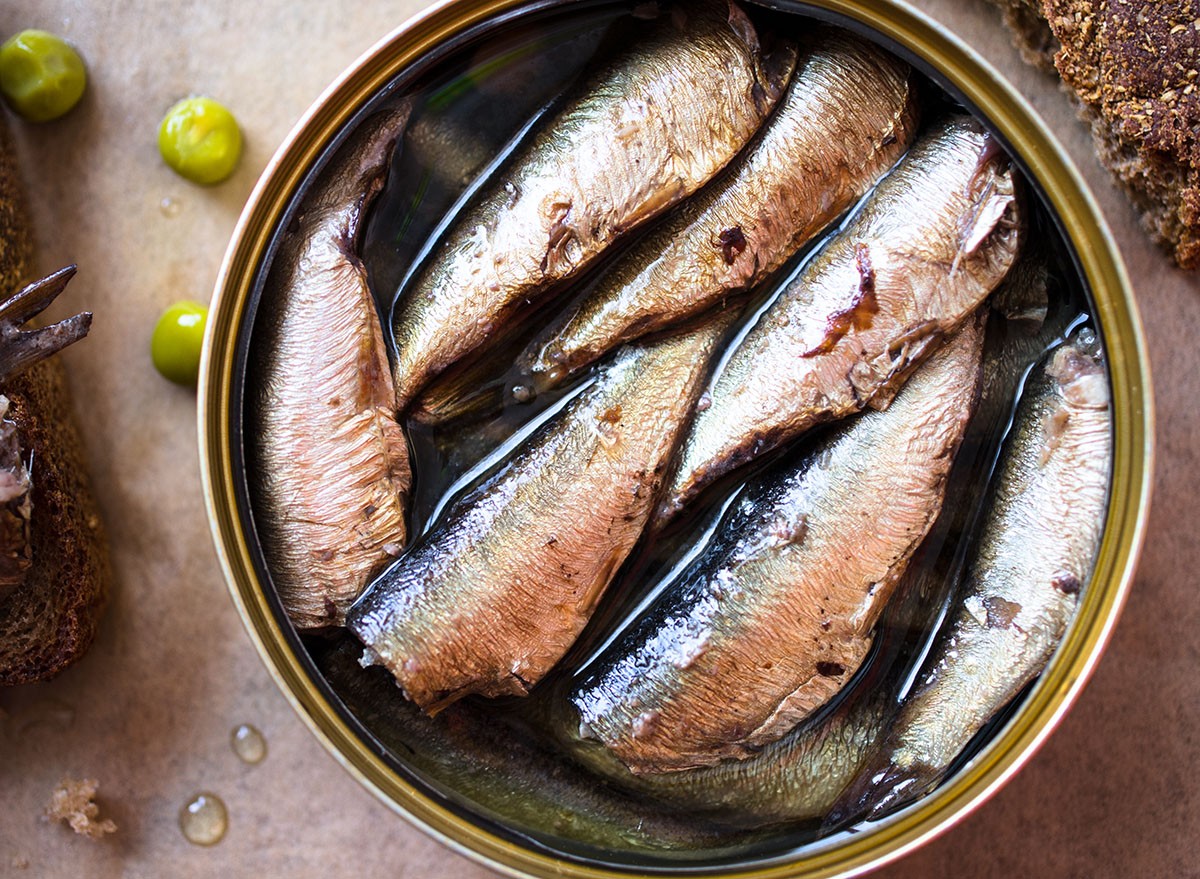
Sardines and other canned fish provide essential omega-3 fatty acids and protein in a convenient, shelf-stable form. They're processed simply through canning, preserving their nutritional benefits.
Natural Cheese
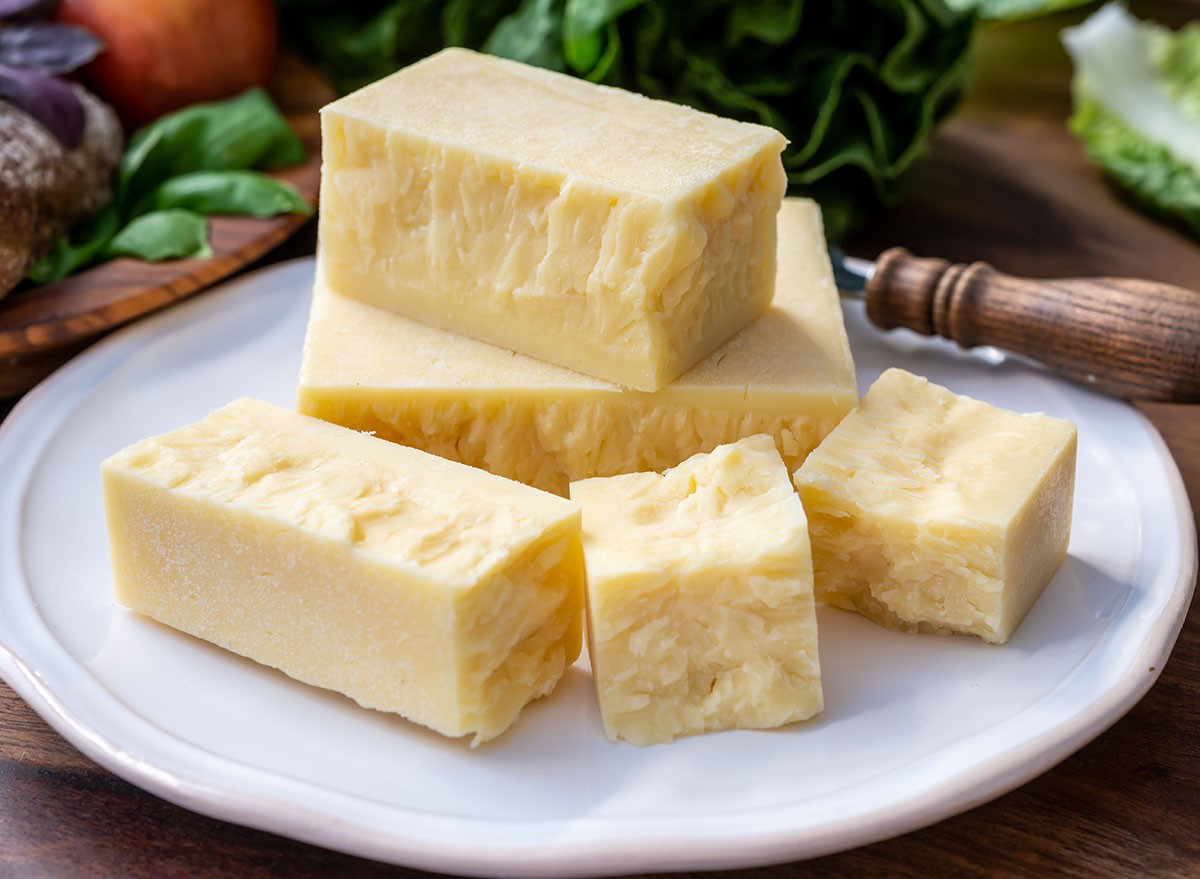
While cheese is technically processed, traditional varieties made from quality milk sources (particularly from A2 cows, goats, or sheep, as Dr. Hyman suggests) offer valuable calcium and protein.
Wholegrain Cereals
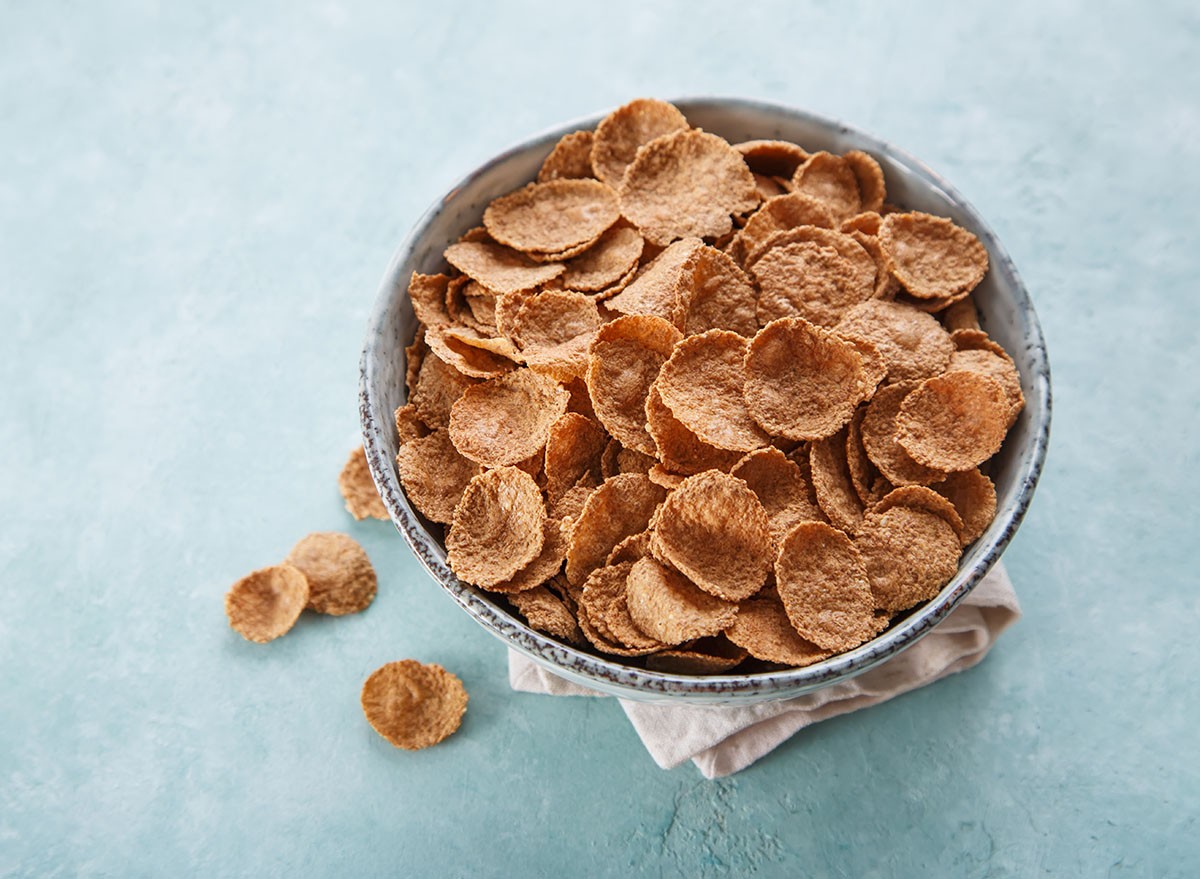
Heart UK research shows that carefully chosen wholegrain cereals can reduce risks of heart disease and type 2 diabetes. Look for options high in fiber and low in added sugars.
Dried Fruits and Beef Jerky
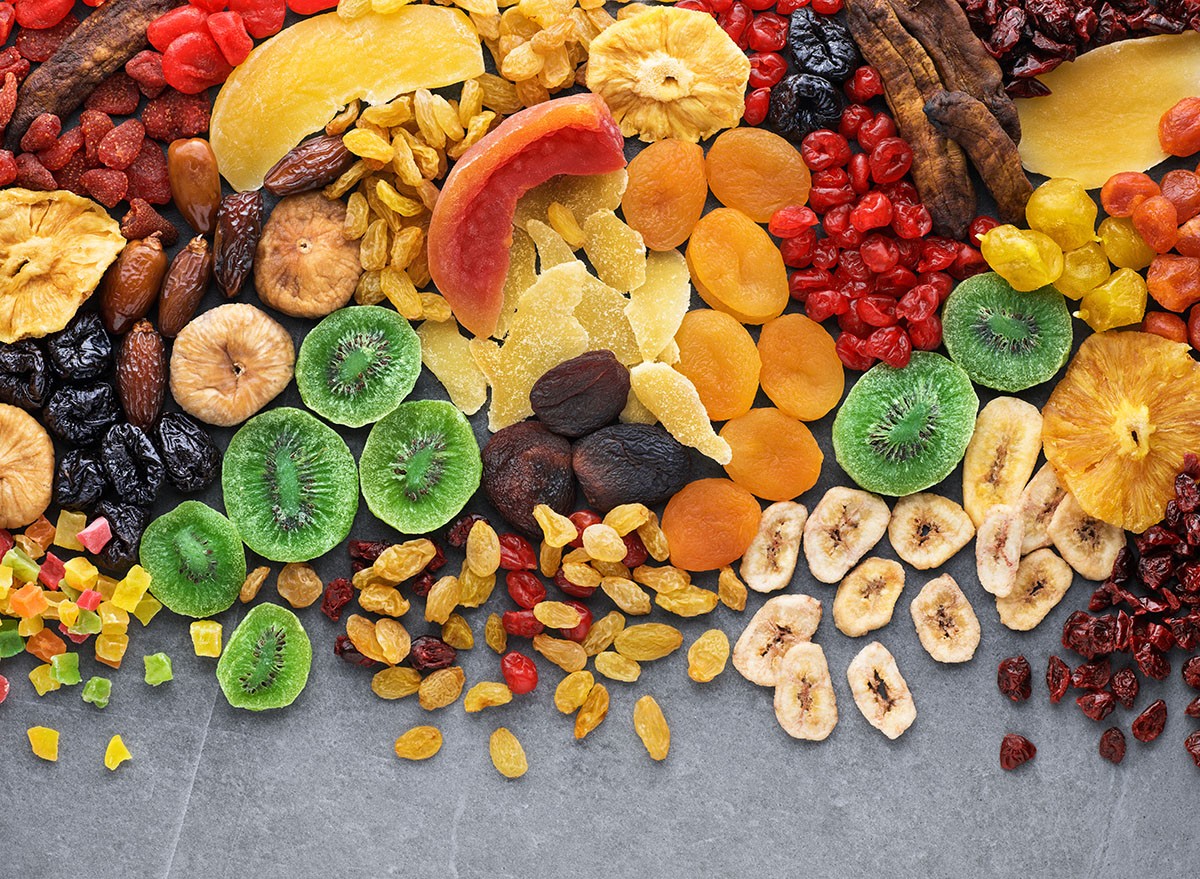
When made without added sugars or excessive sodium, these dried foods offer concentrated nutrients and protein in portable forms.
RELATED: 20 Superfoods for People Over 50
Making Smart Choices

The key to choosing healthy processed foods lies in reading labels carefully and understanding processing methods. As Dr. Hyman advises, "If you can recognize the ingredients and see the number of steps it took to get from farm to your fork, it's okay."
Remember these guidelines when shopping:
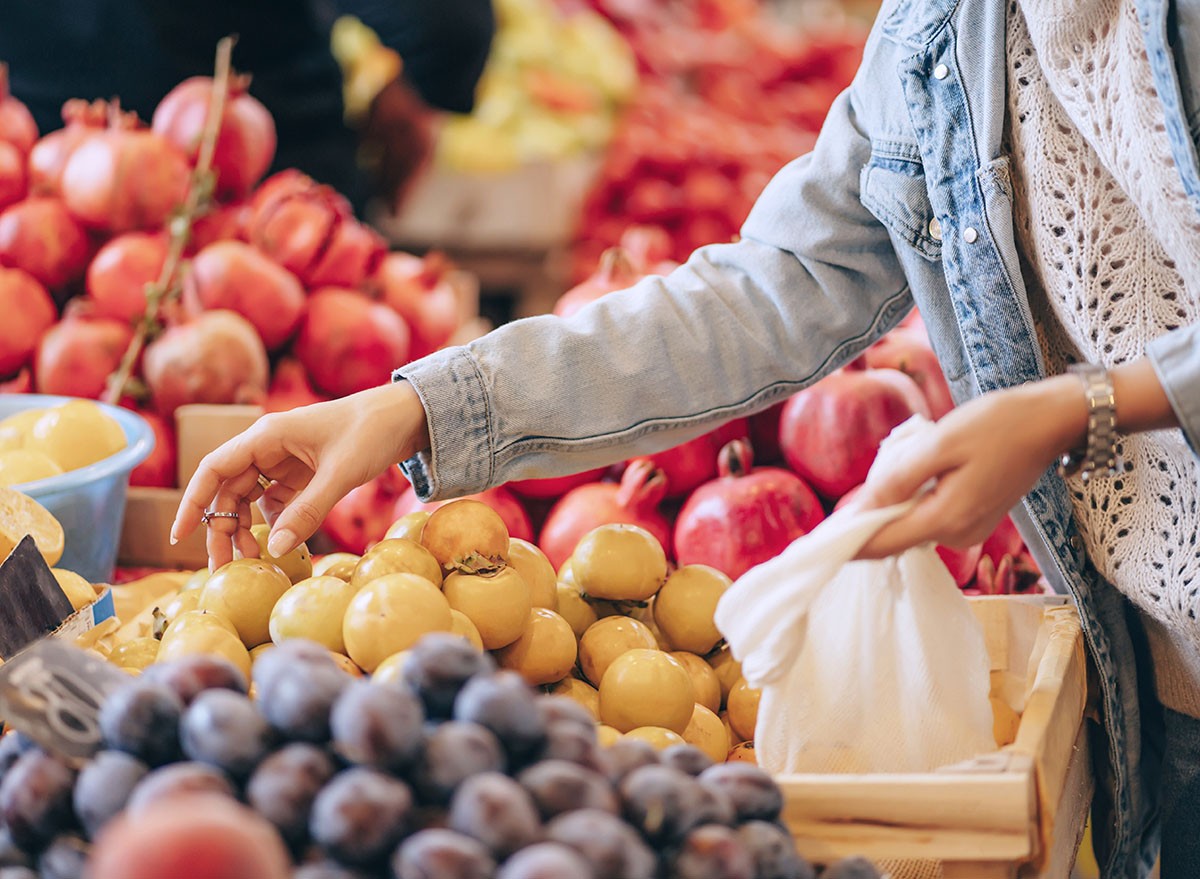
- Look for minimal ingredient lists
- Choose items with recognizable ingredients
- Avoid artificial additives and excessive added sugars
- Consider the processing method
- Check for added sodium levels.
By following these principles, you can confidently include healthy processed foods in your balanced diet, making nutrition both convenient and sustainable. And if you enjoyed this article, take advantage of these 15 Quick Ways to Lose Body Fat Percentage in a Week




